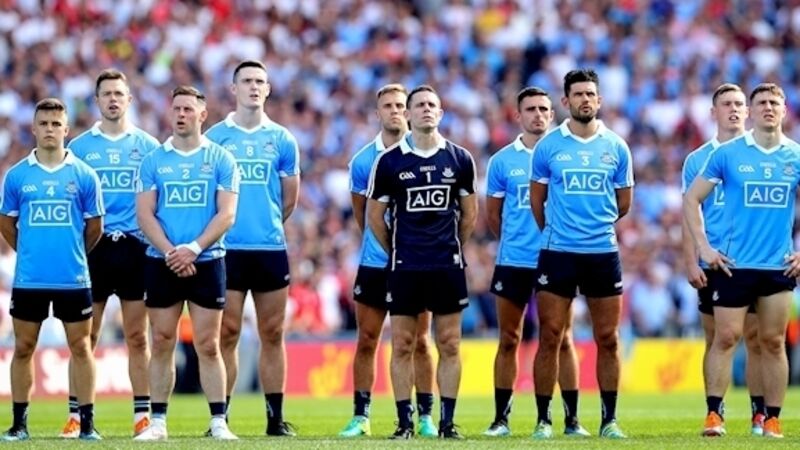Digging deeper into the development of Dublin’s dominance

I appreciate that Dublin has more money than any other county, and that accepting such inequality is difficult for counties such as Roscommon, which don’t have a large population or rich hinterland of industry to draw on. I mention Roscommon because when Kevin McStay stepped down as the county’s football manager during the week the issue of resources came up in his resignation statement.
What interests me is what Dublin spend that money on, however.












